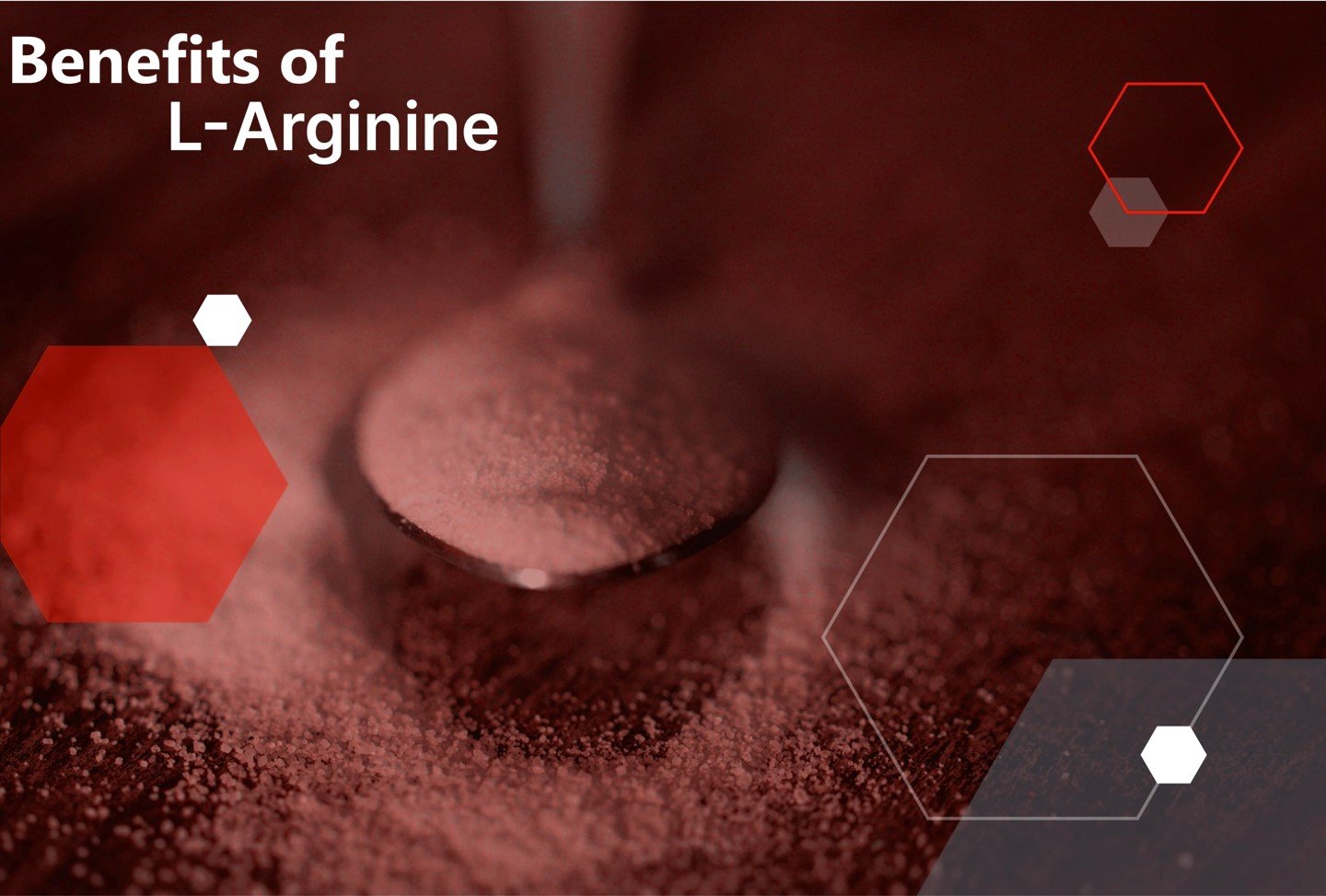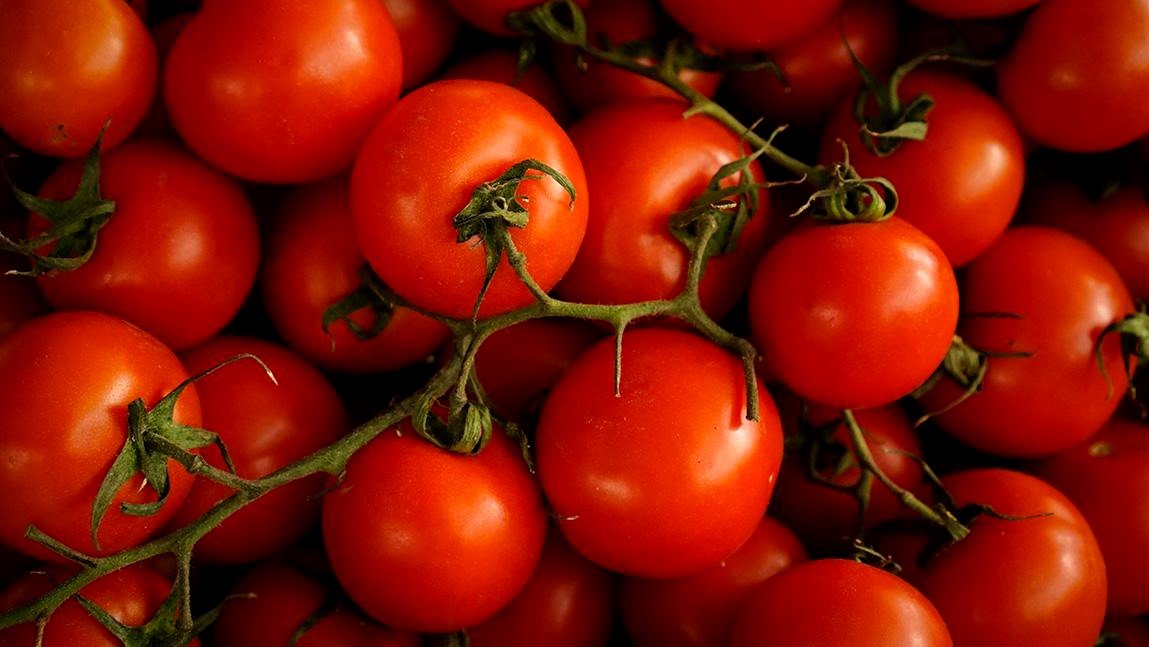What is Protein Powder: An Expert Overview

In recent years, protein powder has gained immense popularity as a dietary supplement among fitness enthusiasts, athletes, and individuals seeking to improve their overall health. This expert guide provides a comprehensive overview of protein powder, covering its types, benefits, usage guidelines, and more.
Contents
- 1 What is Protein Powder?
- 2 Types of Protein Powder
- 3 Benefits of Protein Powder
- 4 How to Choose the Right Protein Powder
- 5 When to Take Protein Powder
- 6 Protein Powder Myths Debunked
- 7 Protein Powder and Weight Loss
- 8 Protein Powder and Muscle Building
- 9 Protein Powder for Vegetarians and Vegans
- 10 Protein Powder Recipes
- 11 Protein Powder Supplements
- 12 Risks and Side Effects of Protein Powder
- 13 Conclusion
- 14 FAQs
What is Protein Powder?
Protein powder is a concentrated form of protein derived from various sources, such as whey, casein, soy, pea, or hemp. It is commonly available in powder form and is used to supplement protein intake, especially for individuals with increased protein needs due to fitness goals, dietary restrictions, or health conditions.
Types of Protein Powder
There are several types of protein powder, each with its own unique characteristics and benefits:
- Whey Protein: Derived from milk, whey protein is a fast-digesting protein that is rich in essential amino acids, making it ideal for post-workout recovery.
- Casein Protein: Also derived from milk, casein protein is slow-digesting and provides a sustained release of amino acids, making it suitable for prolonged periods without food.
- Soy Protein: Soy protein, a plant-based protein source, is suitable for vegetarians and vegans and offers a complete amino acid profile.
- Pea Protein: Another plant-based option, pea protein is hypoallergenic and easily digestible, making it suitable for individuals with dietary sensitivities.
- Hemp Protein: Derived from hemp seeds, hemp protein is rich in omega-3 fatty acids and provides a balanced amino acid profile.
Read More: What are the Health Benefits of HIIT (High Intensity Interval Training)?
Benefits of Protein Powder
Protein powder offers a range of benefits for individuals looking to support their health and fitness goals:
- Muscle Growth and Repair: Protein is essential for muscle building and repair, making protein powder a valuable supplement for athletes and bodybuilders.
- Weight Management: Protein can help increase satiety and reduce overall calorie intake, supporting weight loss or maintenance goals.
- Convenience: Protein powder is a convenient way to boost protein intake, especially for those with busy lifestyles or limited access to protein-rich foods.
- Nutritional Support: Protein powder can supplement dietary needs, especially for individuals with specific dietary restrictions or increased protein requirements.
- Athletic Performance: Adequate protein intake is crucial for optimal athletic performance, and protein powder can help meet increased protein needs during training and recovery.
How to Choose the Right Protein Powder
Selecting the right protein powder depends on individual preferences, dietary restrictions, and fitness goals. Consider the following factors when choosing a protein powder:
- Protein Source: Choose a protein source that aligns with your dietary preferences (e.g., animal-based or plant-based).
- Amino Acid Profile: Look for a protein powder with a complete amino acid profile, especially if using it as a primary protein source.
- Flavor and Texture: Consider the taste and texture of the protein powder, as it should be enjoyable to consume regularly.
- Additional Ingredients: Some protein powders may contain added ingredients like vitamins, minerals, or flavorings, which can impact their suitability for specific needs.
- Quality and Brand: Opt for reputable brands known for quality and safety in their protein powder products.
When to Take Protein Powder
The timing of protein powder consumption can influence its effectiveness in supporting muscle growth, recovery, and overall health.
- Post-Workout: Consuming protein powder shortly after a workout can aid in muscle recovery and repair due to increased protein synthesis.
- Between Meals: Protein powder can be consumed as a snack between meals to boost protein intake and prevent hunger cravings.
- Before Bed: Casein protein, with its slow-digesting properties, can be consumed before bed to provide a steady release of amino acids overnight.
Protein Powder Myths Debunked
There are several misconceptions and myths surrounding protein powder, including concerns about kidney damage, excessive muscle gain, and safety issues. It’s essential to debunk these myths and understand the facts:
- Kidney Damage: Protein powder consumption, within recommended limits, does not cause kidney damage in healthy individuals.
- Excessive Muscle Gain: Protein powder alone does not lead to excessive muscle gain; it must be combined with proper nutrition and exercise.
- Safety Concerns: High-quality protein powders from reputable brands are generally safe when used as directed, with minimal risk of adverse effects.
Protein Powder and Weight Loss
Protein powder can support weight-loss efforts by:
- Increasing satiety and reducing overall calorie intake.
- Preserving lean muscle mass during calorie restriction.
- Boosting metabolism is due to the thermic effect of protein digestion.
Protein Powder and Muscle Building
Protein powder is a cornerstone of muscle-building regimens, providing essential amino acids necessary for muscle repair and growth. Combined with resistance training, protein powder can help individuals achieve their muscle-building goals effectively.
Protein Powder for Vegetarians and Vegans
Vegetarians and vegans can benefit from plant-based protein powders like soy, pea, and hemp protein, which offer complete protein sources without animal products. These protein powders are essential for meeting protein needs in plant-based diets and supporting muscle maintenance and growth.
Protein Powder Recipes
Protein powder can be incorporated into various recipes to enhance taste and nutrition. Some popular protein powder recipes include the following:
- Protein Smoothies: Blend protein powder with fruits, vegetables, and liquid for a nutritious and delicious smoothie.
- Protein Pancakes: Substitute some flour with protein powder to boost protein content in pancakes.
- Protein Energy Bars: Create homemade energy bars using protein powder, nuts, seeds, and dried fruits for a convenient snack.
- Protein Shakes: Mix protein powder with milk, yogurt, or plant-based milk alternatives for a quick and easy protein shake.
Protein Powder Supplements
In addition to standalone protein powders, protein supplements may contain added nutrients like vitamins, minerals, or amino acids to cater to specific health and fitness goals.
- Multivitamin Protein Powder: Combines protein with essential vitamins and minerals for overall nutritional support.
- Joint Support Protein Powder: Contains ingredients like collagen or glucosamine to support joint health and mobility.
- Pre-Workout Protein Powder: Includes caffeine, creatine, or other performance-enhancing ingredients to boost energy and exercise performance.
- Weight Management Protein Powder: Formulated with added fiber, green tea extract, or appetite suppressants to support weight loss or maintenance.
Risks and Side Effects of Protein Powder
While protein powder is generally safe for most individuals when used as directed, there are potential risks and side effects to be aware of:
- Digestive Issues: Some people may experience digestive discomfort such as bloating, gas, or diarrhea, especially when consuming large amounts of protein powder or if sensitive to certain ingredients.
- Allergic Reactions: Individuals with allergies to dairy, soy, or other ingredients in protein powder may experience allergic reactions, including hives, itching, or swelling.
- Nutrient Imbalances: Excessive reliance on protein powder as a primary protein source without a balanced diet can lead to nutrient imbalances, such as inadequate intake of carbohydrates, fats, vitamins, or minerals.
- Kidney Strain: High-protein diets, including excessive protein powder consumption, may put a strain on the kidneys, especially in individuals with pre-existing kidney conditions.
- Contaminants: Poor-quality or contaminated protein powders may contain harmful substances such as heavy metals, pesticides, or microbial contaminants, posing health risks over time.
It’s essential to use protein powder responsibly by:
- Following recommended serving sizes and guidelines provided by the manufacturer.
- Choosing high-quality protein powders from reputable brands with third-party testing for purity and safety.
- Monitoring for any adverse reactions or symptoms and consulting a healthcare professional if concerns arise.
Conclusion
In conclusion, protein powder serves as a valuable dietary supplement for individuals looking to support their fitness goals, enhance muscle growth and recovery, and meet increased protein needs.
Understanding the different types of protein powder, their benefits, usage guidelines, and potential risks allows individuals to make informed choices regarding their nutritional supplementation.
When incorporating protein powder into your diet, prioritize quality, moderation, and individualized needs to optimize its benefits while minimizing potential risks. Remember to consult with a healthcare professional or nutritionist if you have specific health concerns or dietary considerations.
FAQs
Is protein powder safe for daily consumption?
Protein powder is generally safe for daily consumption when used within recommended guidelines. However, it’s essential to monitor intake and ensure a balanced diet overall.
Can protein powder help with weight loss?
Protein powder can support weight-loss efforts by increasing satiety, preserving lean muscle mass, and boosting metabolism. It should be combined with a healthy diet and exercise for optimal results.
What is the best time to take protein powder?
The best time to take protein powder depends on individual goals and preferences. Common times include post-workout for muscle recovery, between meals as a snack, or before bed for sustained protein release.
Are there any risks associated with protein powder?
Risks associated with protein powder include digestive issues, allergic reactions, nutrient imbalances, kidney strain, and potential contaminants. Using protein powder responsibly and in moderation can help mitigate these risks.
Can vegetarians and vegans use protein powder?
Yes, vegetarians and vegans can use plant-based protein powders like soy, pea, or hemp protein to meet their protein needs. These options are suitable alternatives to animal-based protein sources.







